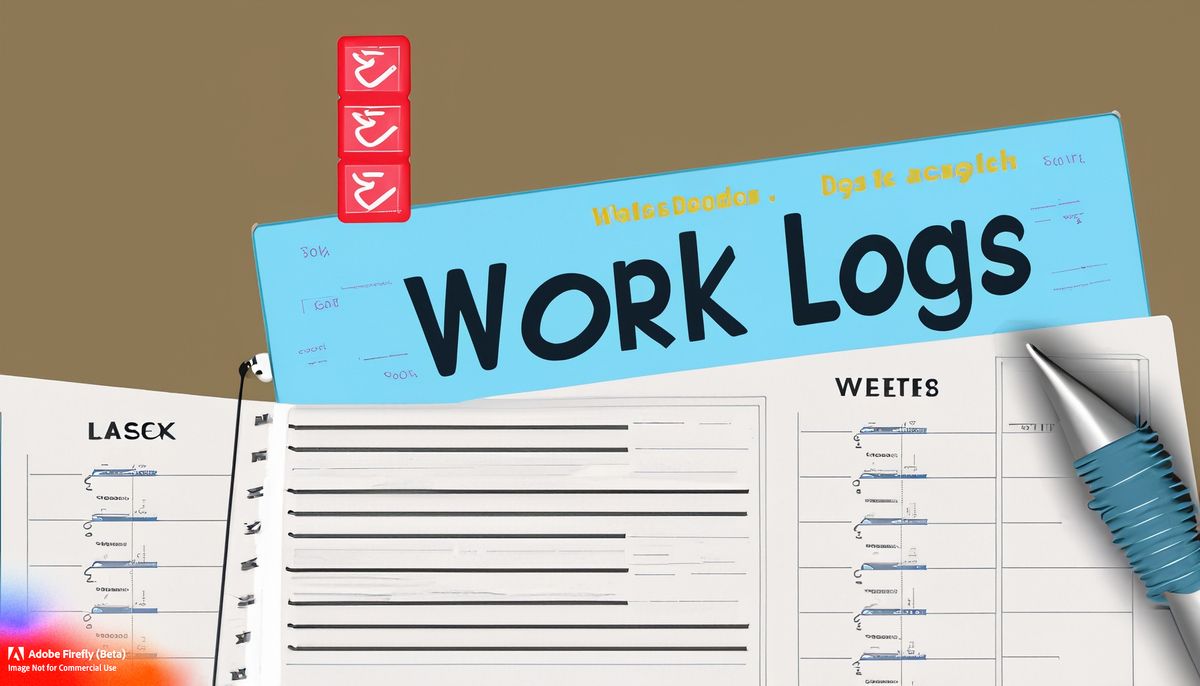Work Logs: Setting Operational Rigor in Teams

In today's fast-paced and agile teams, maintaining operational rigor is crucial. One effective method to achieve this is by implementing work logs within the team. Work logs are simple yet powerful tools that help individuals track their progress, stay organized, manage time effectively, communicate transparently, and gain valuable insights. In this blog post, we will explore the benefits of work logs and discuss the importance of clarifying their purpose in teams.
Benefits of Work Logs for the Team:
- Progress Tracking: Work logs provide a clear record of accomplishments, completed tasks, and milestones reached by team members.
- Time Management: By documenting time spent on various tasks and projects, work logs enable better resource allocation and improved productivity.
- Transparent Communication: Work logs promote transparency, providing visibility into individual progress, ongoing projects, and potential challenges. This fosters collaboration and aligns expectations.
- Asynchronous Communication in Distributed Teams: Work logs facilitate asynchronous communication in distributed team settings, allowing team members in different time zones to stay updated on each other's progress and contribute effectively.
- Recognition of Non-Logged Contributions: Work logs ensure that valuable contributions, even if not explicitly logged, such as mentoring junior developers or providing cross-team support, are acknowledged and appreciated.
To address concerns of micromanagement, it is crucial to clarify the purpose and benefits of work logs in team meetings. Emphasize the following points:
- Work logs are primarily for personal productivity and growth, providing individuals with a clear overview of their work.
- Work logs can be shared in a controlled manner, such as sharing only with the manager or team lead, ensuring privacy, and limiting access.
Sample Weekly Work Log:
Week of May 30th - June 3rd, 2023:
- Addressed and resolved tickets #1234, #5678, and #9012.
- Conducted code reviews for pull requests #3456 and #7890.
- Collaborated with the design team to finalize the UI for Feature X.
- Assisted a teammate in debugging an issue and provided guidance.
- Prepared project documentation for upcoming Feature Z.
- Participated in team meetings and provided updates on ongoing projects.
- Investigated and resolved performance issues in database queries.
- Conducted a knowledge-sharing session on best practices for code documentation.
- Collaborated with the testing team to reproduce and fix a critical bug.
- Provided support to a junior developer in understanding a complex algorithm.
- Attended cross-team meetings to discuss dependencies and project coordination.
Overall, Implementing work logs within a team promotes operational rigor, enhances productivity, and fosters transparent communication. Work logs provide a means to track progress, stay organized, manage time effectively, and recognize valuable contributions. By maintaining a documented record of their work, team members can assess their growth, showcase their efforts, and ensure that non-empirical contributions are acknowledged. Share the benefits of work logs with your team, emphasizing their value for individual team members, and clarify their purpose in team meetings. Creating a culture of collaboration, trust, and success is essential for leveraging the power of work logs effectively.
For more information and a work log template, refer to the Pragmatic Engineer blog post: [https://blog.pragmaticengineer.com/work-log-template-for-software-engineers/].